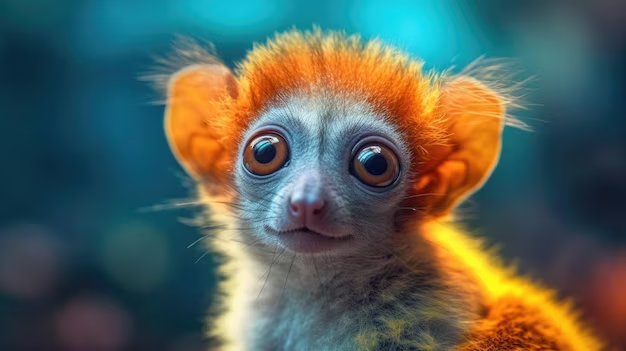Its sad, but ever since they were bought by Fox in 2016 their magazines stopped being about science, culture, travel and history and instead started pumping out basically bathroom reading for grandparents. Angels, ghosts, jesus, pirates, more jesus, etc etc
I had no idea that happened, what a sad thing to hear. I haven’t read it in a while obviously, but my child is getting close to the age I was when I discovered it and Scientific American. I’m sad I won’t get to share National Geographic with them.
Yep. My family were lifelong subscribers to National Geographic Magazine, and I grew up reading it. And I remember distinctly the change in quality when Fox bought it. The first magazine that was put out under the new management was all about the “facts” of the “real” Jesus, and would have been fit for a History Channel special. It was such a disappointment to see something I loved so much turn into a trash rag.
At the end of 2022, it had just under 1.8 million subscribers, according to the authoritative Alliance for Audited Media.
I guess I don’t have context, but that doesn’t sound like a failing, unprofitable magazine in 2022?
dumbass executives. that’s always the answer.
They only care about having the biggest paycheck while they suck the company dry so they can impress fake friends. Most of them could care less about the actual health and success of the business - as long as they can suck it dry and move on to the next company before it tanks.
It’s pathetic and embarrassing. I’m surprised more scientists aren’t studying the executive class and their undying desire to hoard wealth while other’s employed in the companies they manage continue to suffer.
Profit hunting?
Depressing.
I gave up on NatGeo when they started focusing on schlocky pseudoscientific garbage shows. Such a shame
The Playboy of the school library.
Clearly these folks can just be replaced by ChatGPT.
In a remote and untouched landscape, where the grasses swayed to the rhythm of ancient melodies, a tribe of native aboriginal people thrived in isolation. They possessed a profound connection with the natural world, living in harmony with the land that cradled them. Their wisdom, passed down through generations, was woven into the very fabric of their existence.
Amidst this serene backdrop, a windmill stood tall, its weathered blades slicing through the gentle breeze. It was not an ordinary windmill, but a mystical artifact that held the essence of ancestral knowledge. The natives revered it as a sacred symbol, for within its intricate mechanisms lay the tools of wisdom.
During ceremonial gatherings, the tribe would dance gracefully, their bodies swaying with the cadence of the windmill’s invisible song. The rhythmic footfalls merged with the whispers of the wind, as if nature herself joined in their celebration. The dance was a language that spoke of unity, connecting the tribe to the eternal wisdom embedded in their cultural heritage.
Within the heart of the windmill, nestled amidst gears and pulleys, resided a collection of extraordinary artifacts. These tools, crafted with precision and imbued with spiritual energy, were passed down through generations. Each tool carried a story, a testament to the tribe’s ingenuity and reverence for nature. They were instruments of harmony, enabling the tribe to mend the broken bonds between mankind and the natural world.
As the windmill turned, its motion echoing the perpetual cycle of life, the tribe found solace in the gentle embrace of the wind. They understood that their existence was entwined with the rhythms of nature, and through their dance and connection to the windmill, they reaffirmed their place within the grand tapestry of the universe. It was in these moments that the native aboriginal people found true wisdom, transcending the boundaries of time and space, and nurturing the profound connection between their souls and the sacred land they called home.
TLDR: sarcasm; it’s awful; we need authors.





